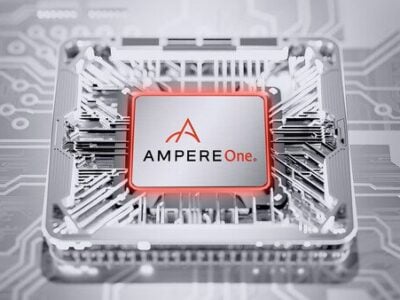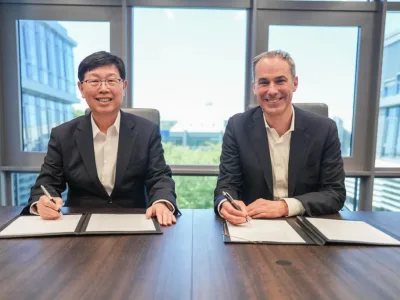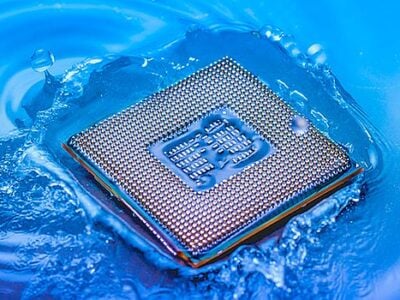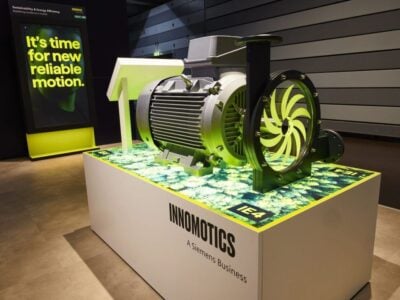
High-end electric sports car charges up in five minutes
The Piëch Mark Zero, launched at the Geneva Motor Show, uses a new type of battery developed by Chinese supplier DESTEN and charging infrastructure from Qingdao TGOOD Electric to provide the fast charging for a range of 500km (311 miles).
Piëch Automotive, based in Zurich and Munich, is aiming to launch a family of products in the next three years using a flexible and open vehicle architecture allows the use of a variety of drive systems that will be available to other car makers.
The new battery cell developed by DESTEN supports a higher current rate with minimal heating during charging and discharging phases and has a high rate of recuperation and can be charged up to 80% in 4:40 minutes with just air-cooling. This means that fast charging takes only marginally more time than filling up a conventional car with petrol, and contributes to an overall weight reduction of around 200 kg to under 1,800 kg.
Different placement of the batteries (one in the centre tunnel, the rest at the rear axle), rather than in the chassis, means weight distribution and handling are expected to be similar to that of a conventional sports car. At the front axle, an asynchronous motor delivers 150 kW, while at the rear axle, two synchronous motors produce 150 kW each
The vehicle supports conventional CSC charging, but the TGOOD chargers provide the fast charging. The Qingdao TGOOD Electric group based in Qingdao and Hong Kong, , was founded in 2004 by Chinese and German engineers, and operates 210,000 charging stations in more than 300 cities.
“We are proud to have found two such strong and innovative partners. Together with our partners, we’re open for cooperation, regardless of whether it’s about our new modular vehicle architecture or the innovative battery cells or the charging infrastructure,” said Toni Piëch, Co-CEO and Chief Marketing Officer of Piëch Automotive.
The modular architecture for both hardware and software means the battery cells can be updated or replaced as needed. In the next step, this modular structure is also to be offered to other manufacturers in B2B business.
Three vehicle variants are in planning: a two-seater, a four-seater and an SUV. Other concepts like convertibles or pick-ups are also being considered. The decision about manufacturing partners will be announced at a later stage.
Related stories:
Fast-charging network refuels e-vehicles in 15 minutes
EV fast-charging stations to reach 200,000 by 2020, says IHS
Imec announces reaching a milestone for long-range EV batteries
 If you enjoyed this article, you will like the following ones: don't miss them by subscribing to :
eeNews on Google News
If you enjoyed this article, you will like the following ones: don't miss them by subscribing to :
eeNews on Google News




